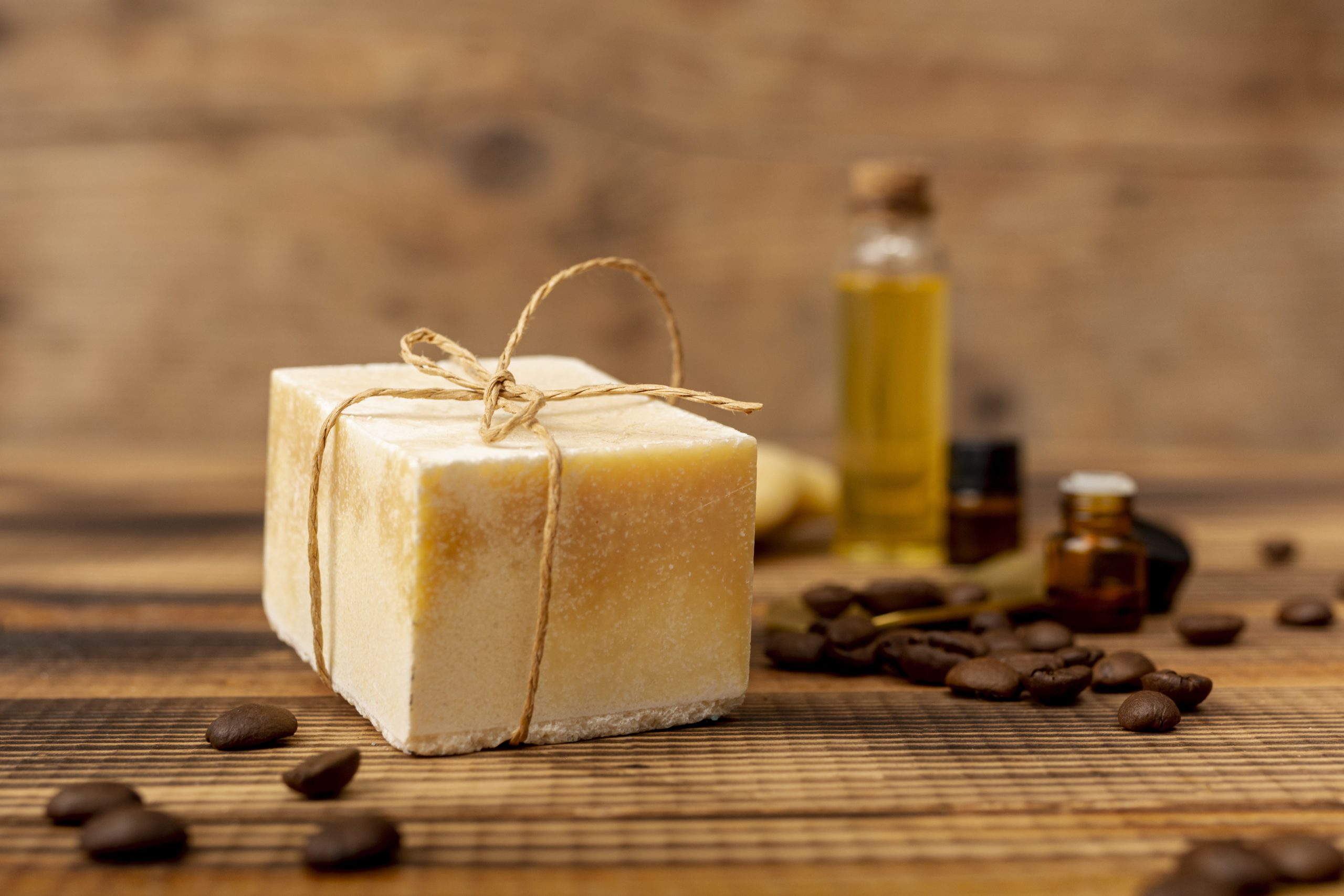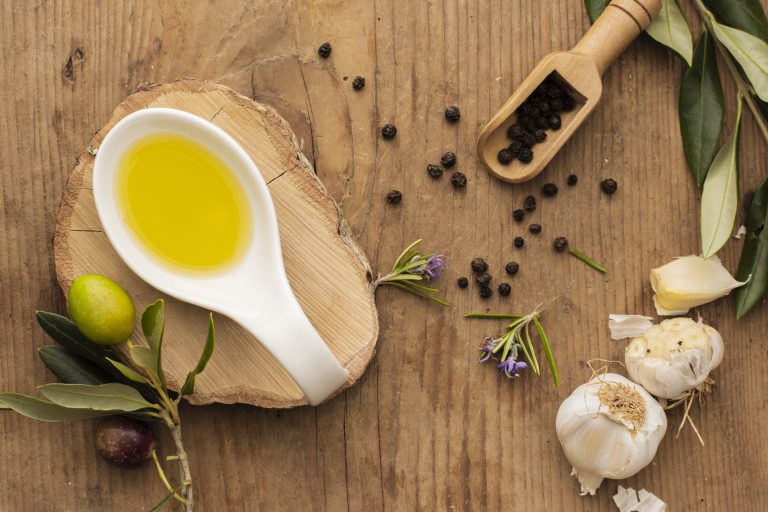
Olive Oil-Based Soap
- Post author:Guest-admin
- Post published:September 30, 2024
- Post category:Approfondimenti EN
- Post comments:0 Comments
Since ancient times, olive oil has been used as an ointment and remedy for the body. Its emollient, soothing, and anti-inflammatory properties for the skin, as well as its strong cleansing power, were well recognized. Hippocrates, the father of Western medicine, was the first to understand its therapeutic virtues, recommending its abundant use not only in the diet but also in body care. After Hippocrates, Galen, a renowned physician of antiquity, filled his pharmacopoeia with remedies based on olive oil and wild herbs.
The Benedictine monks later spread the “Samaritan balm,” made with olive oil, wine, and beaten egg whites, which continued to be used in folk medicine for its soothing effect on conditions such as dermatitis with itching, redness, dry and scaly skin, burns, and scalds.
Thanks to the advancement of scientific studies, it is now well known that olive oil has a beneficial effect on the skin due to its richness in antioxidants and vitamin E.
In fact, the most premium soaps are made with olive oil, and they can even be made at home using either the hot or cold process, with lye and distilled water, or in rare cases, milk.
Aleppo soap – also known as Ghar soap – is considered the ancestor of all soaps. It was made by Syrian artisans in the city, using olive oil exclusively, to which a varying percentage of laurel oil was added, making it ideal for people with allergies, intolerances, and skin irritations. It can also be used in non-cosmetic applications, such as laundry detergent or as a natural repellent for moths and mites when placed inside closets.
Marseille soap is considered the direct descendant of Aleppo soap. It began to be produced in France starting in the 12th century when the Crusaders brought Aleppo soap to Europe. In Marseille, many soap manufacturers used locally produced olive oil and potassium carbonate (lye) derived from the ashes of a plant called salicornia. It has a rather hard consistency, green or yellow in color, and a typical and characteristic smell that many describe as the “smell of cleanliness.”
In the market, many soaps are labeled as “with Marseille soap” or “with the scent of Marseille soap,” but they are often synthetic detergents enriched with fragrances and additives.






